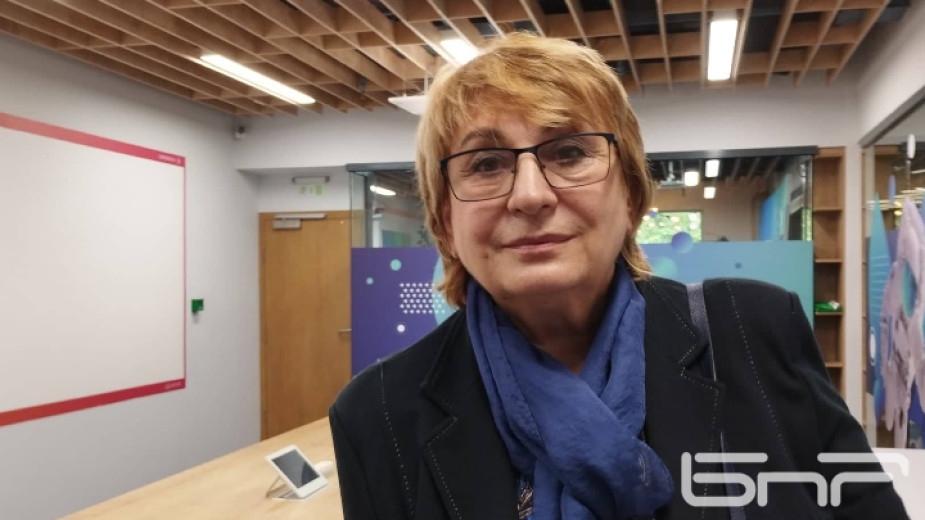Seventy percent of people with mental health problems in Bulgaria receive no care. Those who undergo treatment in one of the 12 state psychiatric institutions are not receiving aftercare and follow-up care, it became clear during a discussion in Sofia on depression. According to World Health Organization projections, by 2030 depression will become the No 1 cause of disability.

"We can definitely confirm that the number of patients with anxiety disorders or depression increased during the Covid-19 lockout and pandemic. The coronavirus itself can directly affect the central nervous system," explained Prof. Vihra Milanova, Head of the Psychiatry Clinic at the Aleksandrovska University Hospital.
The good news is that most of these disorders are transient. In her words, children have also been affected by online schooling and are now being referred to as "the Covid generation". There are patients among adolescents who have post-covid syndrome in terms of mental health, Prof. Vihra Milanova said.
Psychiatric screenings in 2021 are up 25,000 compared to 2019, according to the National Center for Public Health and Analysis (NCPHA). Neurology consultations have also increased dramatically, by 230,000. The demand for tranquilizers has grown, with sales of antidepressants jumping 7%. There were 150% more calls for help to hotlines for victims of domestic violence.One-third of all patients with severe depression have treatment-resistant depression that is not responding to current antidepressants, the experts said. These patients have a 50% increased risk of cardiovascular disease, a 29% increased risk of malignancy, an increased risk of suicide, and a 38-50% decreased quality of life.

And yet, despite the high incidence, after receiving inpatient treatment, Bulgarian patients cannot be referred for aftercare, as it is not provided by the state. Outside inpatient treatment in the 12 state psychiatric hospitals, only private psychiatric services are offered. At the same time, of the nearly 500 psychiatrists in the country, only 1% have a private practice, making it extremely difficult for patients to reach them.
Medical and social care in Bulgaria are separate and there is no working system to objectively assess the condition of people with mental illness and their needs, the head of the Psychiatry Clinic at the Alexandrovska University Hospital explained."Over the years, mental health in our country has been neglected. This is my observation from the last years and when I am asked what needs to change, I answer that there is no one solution, the problems are complex, but it is high time to help both people with mental health problems and those who care for them", said Prof. Dr. Milanova in an interview for BNR on the occasion of the World Mental Health Day.
Interview by Gergana Hrischeva, BNR Horizont
Photos: library, freepik.comFertility Europe , the pan-European organization that represents patient associations focused on infertility issues, has announced the start of the 9 th European Fertility Week 2025, 3-9 November. The campaign is taking place throughout Europe..
Today, in the Radio Bulgaria studio, we welcomed Helmut Matt – a writer, radio journalist and poet, who has maintained a special connection with Bulgaria for many years. In his book "Bulgarian Impressions" and in his numerous radio broadcasts, he..
On November 8 in Hall 11 of the National Palace of Culture, Bulgaria’s best masters and artisans will be awarded for the third time. The founder and driving force behind the “Creator of the Year” initiative is Nikolay Traykov, who visited “Radio..
Under the motto "Responsibility, Unity and Security" on November 5 and 6, 2025, a German-Bulgarian seminar for journalists and public..
On 27 October, the first meeting of Action CA-24150 “Values in Turbulent Times: Navigating Social Change and Challenges (VISTA)” took place in Brussels...
The European Commission praise s Montenegro’s progress toward EU membership North Macedonia needs decisive action and reforms to begin..

+359 2 9336 661
